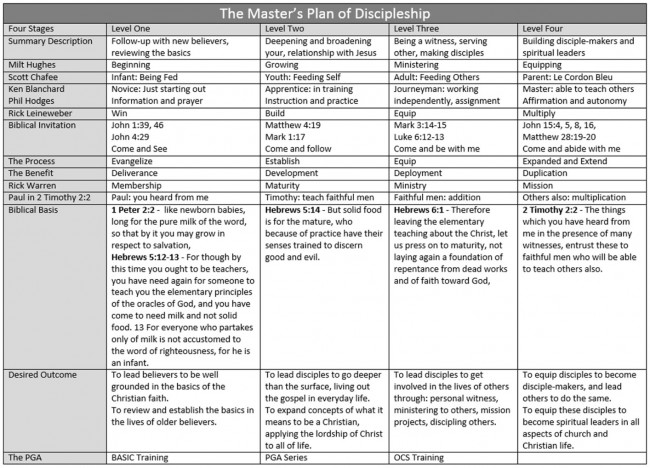I sensed the need to follow up with the topic from last week, on the warning of Jesus that many false Christs would come. When we look at the seekers of today, or the covers of news magazines, they seem to misunderstand who Jesus is, preferring non-biblical sources and writings over the tested and true authentic documents found in the New Testament. I mentioned the “recent” discoveries of the Gospel of Jesus’ Wife promoted by Harvard Divinity School, or the Gospel of Judas.
The “Jesus’ Wife” fragment is just that, a fragment between the size of a postage stamp and an index card, which has been refuted as a fake. The Gospel of Judas is also quite questionable, casting a sympathetic light on the one whom Satan entered during that Passover meal. The point is, false Christs will come, so what did they or will they look like…
In examining the Thomas and Gundry Harmony of the Gospels, let’s take a look at what Jesus did at this stage with these very first disciples. Consider this, Seekers need a relationship with a believer who knows the Savior!
Jesus Warns of False Christs
- Development: They WILL arise – Mark 13:22
- Don’t preach ANOTHER Jesus – 2 Corinthians 11:2-4
- Deceivers will DENY – 2 John 1:7-8
- Dignity: it is a PRIVILEGE to introduce someone to Jesus, which is done in the context of relationship. Jesus invited these guys to hang out with him which provides time for questions & answers (spiritual conversations)
Jesus Built Relationships
- Jesus spends a day with two of John’s disciples, going back to where he was staying, John 1:39.
- Andrew brings his brother Peter to Jesus, John 1:41-42.
- Jesus capitalized on existing circles of friends he had already contacted, John 1:43-44.
- Jesus found Philip, then Philip invited Nathaniel to “Come and See.” John 1:45-46.
- Jesus took friends to a wedding reception, John 2:1-2.
- Jesus spends days with relatives & friends, John 2:12.
- Jesus’ disciples attend Passover (a national holiday) with Jesus, John 2:13-22.
- The disciples tag along during the meeting with Nicodemus, John 2:23-25, 3:1-10.
- Jesus spent time with the disciples in the Judean countryside – John 3:22.
- Jesus traveled from Judea to Galilee through Samaria – John 4:3-4, 27.
This is pretty good evidence that Jesus expects us to develop relationships with people who do not yet know the Savior. Here is a great quote from professor Howard Hendricks:
“You can impress people from a distance, you can only impact them up close.” -Howard Hendricks
General Principle: the closer the personal relationship, the greater the potential for impact (Leadership Journal, 1980, p. 104)
Jesus spent time with them (John 3:22), continued (diatribe), meaning “to wear by rubbing.” He intended to rub off their rough edges, by rubbing off on them.
[Based on my classes with Richard D. Leineweber, Jr. c. 2000]

